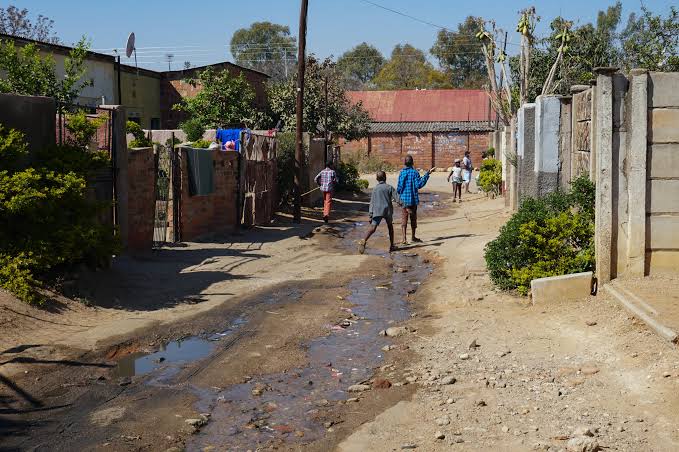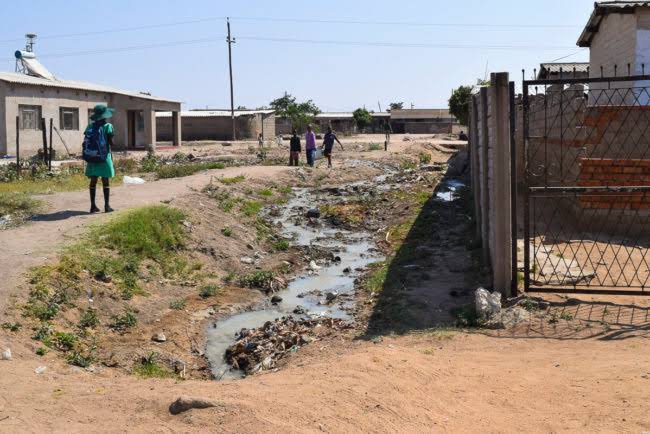Bulawayo residents fear cholera outbreak amid water crisis
Residents of Bulawayo are raising concerns over the quality and availability of water, as well as the state of the sewer system, amid a cholera outbreak that has affected more than 5,300 people in the country.
The city has been facing water shortages for more than one year with some areas going without running water for up to six days. Some residents have resorted to fetching water from unprotected sources, such as boreholes, water pipe leakages.
“We are living in fear of cholera and other diseases. The water we get is dirty and sometimes smells bad. We don’t know what is in it. We have no choice but to use it for drinking, cooking and bathing,” said a Makokoba resident,Thandiwe Ncube.

RELATED CONTENT: Bulawayo Residents Raise Concerns over Neglected Burst Sewers
Burst Sewage
Ncube said she witnessed a sewer burst near her home last week, which flooded the streets with raw sewage. She said the authorities have not fixed the problem, despite several complaints from the residents.
“It is disgusting and dangerous. The sewage mixes with the water and creates a breeding ground for bacteria. We are afraid that once cholera reaches Bulawayo, we will perish,” she said.
Bulawayo recorded its first cholera case in June this year, when a student from Mzilikazi High School was admitted to Thorngrove Infectious Disease Hospital.
According to the Ministry of Health and Child Care, as of October 23, 2023, there were 5,309 suspected cholera cases, 100 suspected deaths and 935 confirmed cases in Zimbabwe. The most affected provinces are Manicaland, Mashonaland Central and Harare.

Contaminated Foods and Water
Cholera is an infectious disease caused by bacteria that can be transmitted through contaminated food or water. It causes severe dehydration and diarrhoea, and can be fatal if left untreated.
The government has imposed restrictions on gatherings and advised people to avoid physical contact and social events, as well as to maintain proper hygiene. It has also deployed health workers and volunteers to conduct awareness campaigns and distribute water treatment tablets and oral rehydration salts.
However, some residents say these measures are not enough to prevent the spread of the disease.
“We need clean and safe water. We need functional sewer systems. We need proper sanitation facilities. We need these things urgently before it is too late,” said a Matshobane resident Lisa Dube.
#News in Bulawayo #News in Zimbabwe Artist Arts BCC Bulawayo Bulawayo City Council Bulawayo economy Bulawayo industry Bulawayo news Bulawayo Police Bulawayo Water Bulawayo Water Crisis Bulawayo Women entrepreneurship Business Women Cholera Community Culture Currency Drug Abuse Drugs Economy Farmer Farmers Farming Informal Sector Informal Traders Mining MSMEs Music News in Bulawayo News in Zimbabwe Police Police in Bulawayo Vendor Vendors water Water Crisis Water Shortage water supply issue Women entrepreneurship ZESA Zimbabwean economy Zimbabwe news Zimbabwe water crisis ZRP
Our stories told by us!
Join us for all News in Bulawayo and Bulawayo News in Zimbabwe.












